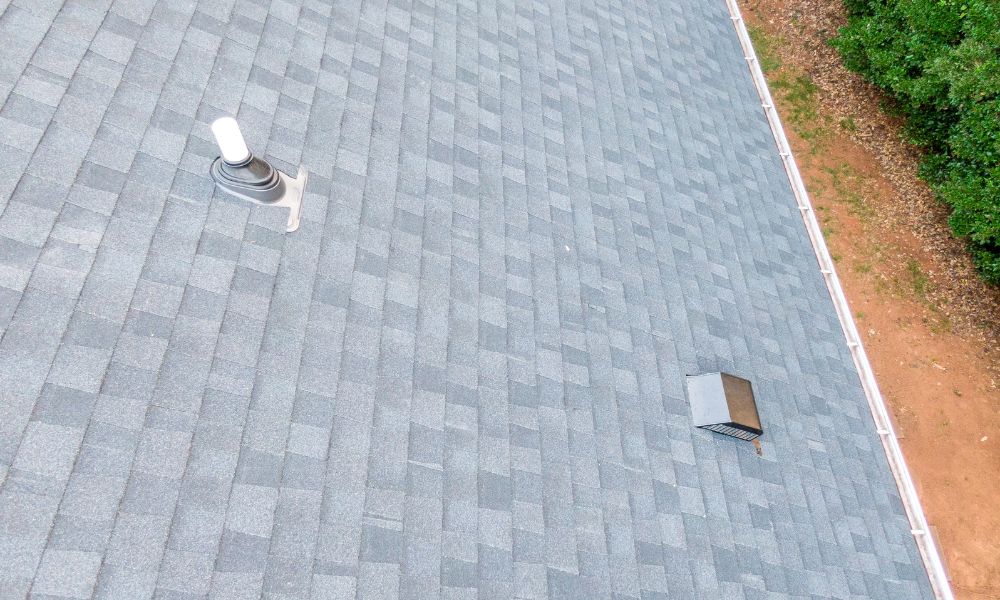Whether you just bought a home or you’re a seasoned homeowner, you’ll inevitably face the need for a roof repair or complete replacement at some point. Depending on the damage and age of your roof, different options are available. Understand the key differences between a reroof and roof replacement so you know what decision to make for your home when the time comes.
Reroofing: An Overview
Reroofing is the process of laying a new layer of shingles over the existing roof. This method is designed to reinforce your roof without the cost and labor associated with a full roof replacement. Reroofing can be an excellent option if your existing roof is in relatively good condition. However, there are some factors to consider before choosing to reroof your home:
Pros of Reroofing
- Cost effective: Reroofing typically costs less than a complete roof replacement since materials and labor are reduced.
- Time efficient: The reroofing process can be completed much more quickly since it doesn’t involve tearing off the old roof.
- Aesthetically pleasing: A reroof can give your roof a newer appearance and enhance your home’s overall look.
Cons of Reroofing
- Not suitable for all roofs: Reroofing is not a suitable option if your existing roof has experienced extensive damage or has multiple layers of shingles already.
- Doesn’t fix underlying issues: Reroofing doesn’t address any underlying issues that may be present, such as moisture damage or structural weakness.
Roof Replacement: An Overview
A roof replacement involves the removal of the existing roof, repairing any underlying issues, and installing a new roofing system, such as stone-coated steel roofing. Considering both the benefits and drawbacks of a full roof replacement is crucial before deciding on this option for your home:
Pros of Roof Replacement
- Durable: A new roof provides lasting durability, especially when choosing a high-quality material like stone-coated steel roofing.
- Can address underlying issues: By removing the old roof, a roof replacement allows for identifying and repairing any underlying damage or structural problems.
- Energy efficient: Installing a new roofing system may offer better insulation, leading to long-term energy savings.
Cons of Roof Replacement
- Higher initial cost: A full roof replacement typically costs more upfront than reroofing because of increased labor and material expenses.
- Time consuming: The roof replacement process can take longer than reroofing.
Both reroofing and roof replacement have their advantages and disadvantages. Depending on your roof’s current condition and budget, either option may be appropriate. As you consider your options, remember to weigh the key differences between a reroof and a roof replacement to make the most informed decision for your home. When you’re ready for a replacement or reroof, give Western Roofing Systems a call—our professional and experienced staff is ready to tackle any roof over your head!


Recent Comments